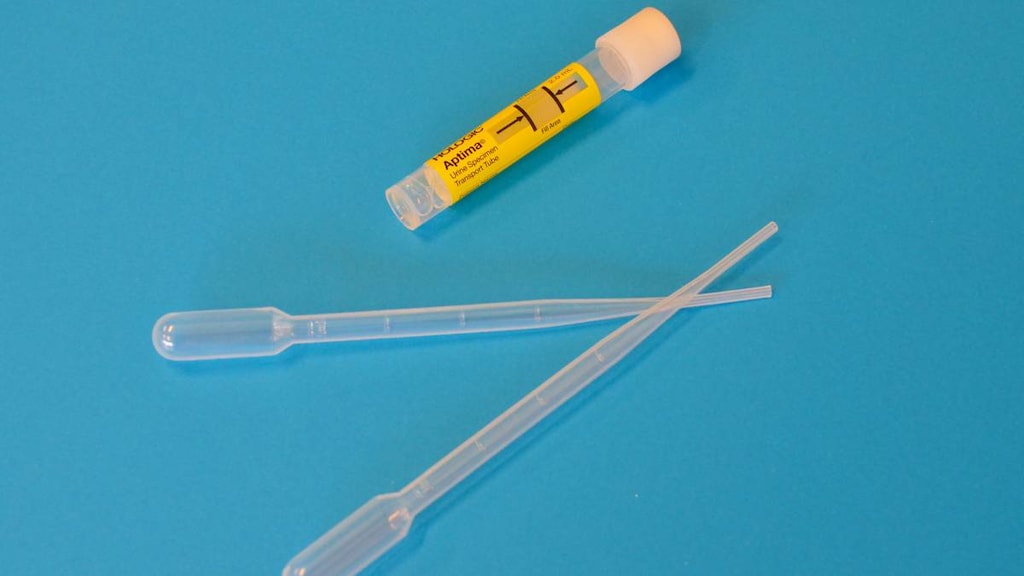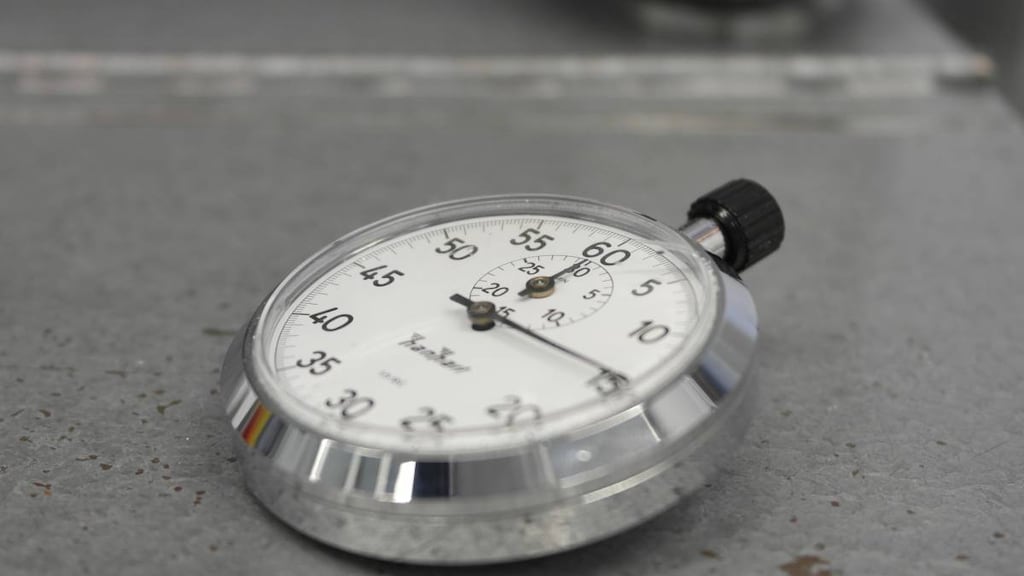What is ceftriaxone used for?
- Ceftriaxone is used to treat or prevent bacterial infections.
Before taking ceftriaxone, tell your doctor:
For all patients taking ceftriaxone:
- If you are allergic to ceftriaxone; any part of this medicine; or any other drugs, foods, or substances. Tell your doctor about the allergy and what signs you had.
Children:
- If your child is a premature newborn. This medicine is not for use in certain ages of premature newborns.
- If your child is a newborn. Do not give to a newborn whose skin or eyes are yellow or who has high bilirubin levels in the blood. Do not give to a newborn who is getting a drug with calcium in it through a vein.
This is not a list of all drugs or health problems that interact with ceftriaxone.
Tell your doctor and pharmacist about all of your drugs (prescription or OTC, natural products, vitamins) and health problems. You must check to make sure that it is safe for you to take ceftriaxone with all of your drugs and health problems. Do not start, stop, or change the dose of any drug without checking with your doctor.
What are some things I need to know or do while I take ceftriaxone?
- Tell all of your health care providers that you take ceftriaxone. This includes your doctors, nurses, pharmacists, and dentists.
- Very bad and sometimes deadly allergic reactions have rarely happened. Talk with your doctor.
- This medicine may affect certain lab tests. Tell all of your health care providers and lab workers that you take ceftriaxone.
- If you have high blood sugar (diabetes), talk with the doctor. Some of these products have sugar.
- If you have high blood sugar (diabetes), talk with your doctor about which glucose tests are best to use.
- Do not use longer than you have been told. A second infection may happen.
- Use with care in children. Talk with the doctor.
- Tell your doctor if you are pregnant, plan on getting pregnant, or are breast-feeding. You will need to talk about the benefits and risks to you and the baby.
How is ceftriaxone best taken?
Use ceftriaxone as ordered by your doctor. Read all information given to you. Follow all instructions closely.
- It is given as a shot into a muscle or as an infusion into a vein over a period of time.
- Drink lots of noncaffeine liquids unless told to drink less liquid by your doctor.
What do I do if I miss a dose?
- Call your doctor to find out what to do.
What are the side effects of ceftriaxone that I need to call my doctor about immediately?
WARNING/CAUTION: Even though it may be rare, some people may have very bad and sometimes deadly side effects when taking a drug. Tell your doctor or get medical help right away if you have any of the following signs or symptoms that may be related to a very bad side effect:
- Signs of an allergic reaction, like rash; hives; itching; red, swollen, blistered, or peeling skin with or without fever; wheezing; tightness in the chest or throat; trouble breathing, swallowing, or talking; unusual hoarseness; or swelling of the mouth, face, lips, tongue, or throat.
- Signs of a pancreas problem (pancreatitis) like very bad stomach pain, very bad back pain, or very bad upset stomach or throwing up.
- Signs of gallstones like sudden pain in the upper right belly area, right shoulder area, or between the shoulder blades; yellow skin or eyes; or fever with chills.
- Signs of kidney problems like unable to pass urine, change in how much urine is passed, blood in the urine, or a big weight gain.
- Back pain, belly pain, or blood in the urine. May be signs of a kidney stone.
- Seizures.
- A very bad and sometimes deadly type of anemia called hemolytic anemia has happened with ceftriaxone. Call your doctor right away if you have pale skin, dizziness, fever or chills, very bad back or belly pain, dark urine, yellow skin or eyes, or you feel very tired or weak.
- Diarrhea is common with antibiotics. Rarely, a severe form called C diff–associated diarrhea (CDAD) may happen. Sometimes, this has led to a deadly bowel problem (colitis). CDAD may happen during or a few months after taking antibiotics. Call your doctor right away if you have stomach pain, cramps, or very loose, watery, or bloody stools. Check with your doctor before treating diarrhea.
What are some other side effects of ceftriaxone?
All drugs may cause side effects. However, many people have no side effects or only have minor side effects. Call your doctor or get medical help if any of these side effects or any other side effects bother you or do not go away:
- Diarrhea.
- Irritation where ceftriaxone is given.
These are not all of the side effects that may occur. If you have questions about side effects, call your doctor. Call your doctor for medical advice about side effects.
You may report side effects to the FDA at 1-800-332-1088. You may also report side effects at https://www.fda.gov/medwatch.
If overdose is suspected:
If you think there has been an overdose, call your poison control center or get medical care right away. Be ready to tell or show what was taken, how much, and when it happened.
How do I store and/or throw out ceftriaxone?
- If you need to store ceftriaxone at home, talk with your doctor, nurse, or pharmacist about how to store it.
Consumer information use and disclaimer
- If your symptoms or health problems do not get better or if they become worse, call your doctor.
- Do not share your drugs with others and do not take anyone else's drugs.
- Keep all drugs in a safe place. Keep all drugs out of the reach of children and pets.
- Throw away unused or expired drugs. Do not flush down a toilet or pour down a drain unless you are told to do so. Check with your pharmacist if you have questions about the best way to throw out drugs. There may be drug take-back programs in your area.
- Some drugs may have another patient information leaflet. Check with your pharmacist. If you have any questions about ceftriaxone, please talk with your doctor, nurse, pharmacist, or other health care provider.
- If you think there has been an overdose, call your poison control center or get medical care right away. Be ready to tell or show what was taken, how much, and when it happened.
This information should not be used to decide whether or not to take ceftriaxone or any other medicine. Only the healthcare provider has the knowledge and training to decide which medicines are right for a specific patient. This information does not endorse any medicine as safe, effective, or approved for treating any patient or health condition. This is only a brief summary of general information about this medicine. It does NOT include all information about the possible uses, directions, warnings, precautions, interactions, adverse effects, or risks that may apply to ceftriaxone. This information is not specific medical advice and does not replace information you receive from the healthcare provider. You must talk with the healthcare provider for complete information about the risks and benefits of using this medicine.




